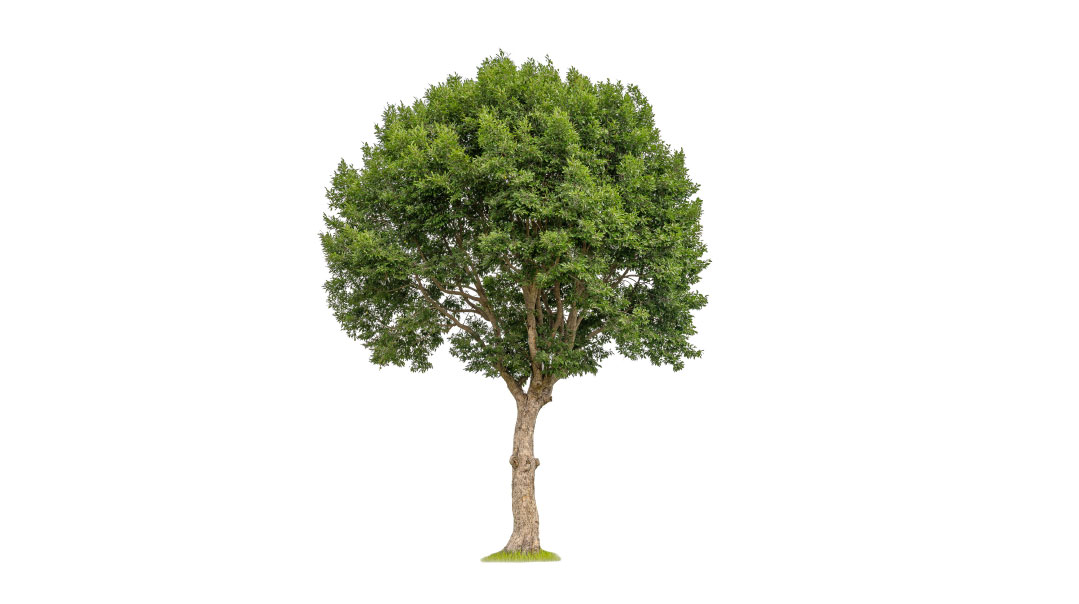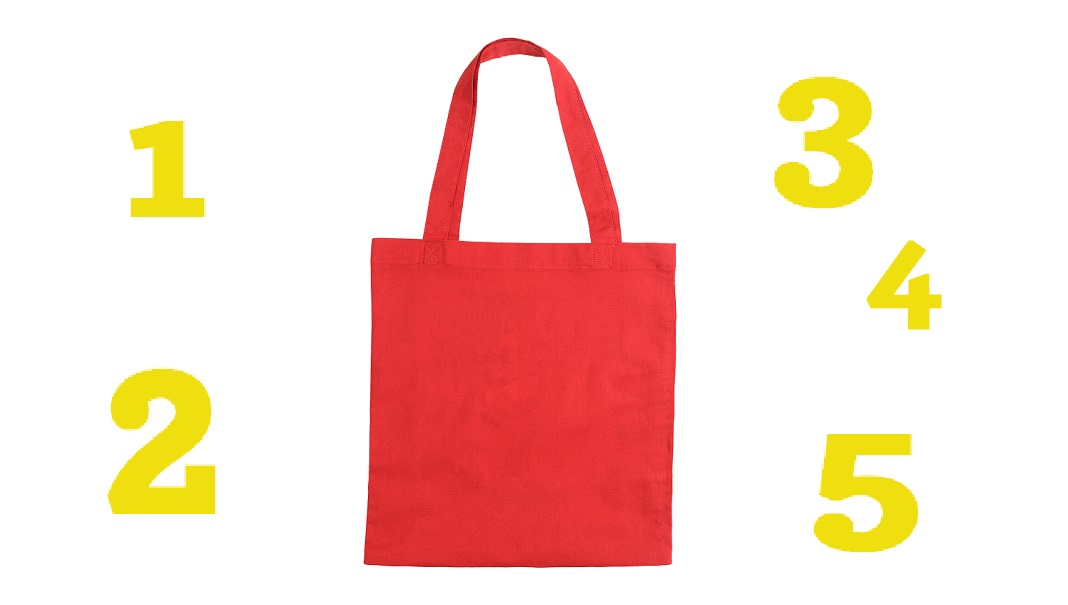Top 5 Tu B’Shevat Jews

Tu B’Shevat tells the world what kind of Jew you are

Some Yamim Tovim are filled with directions. We know what to do on Pesach. You know where to turn to light Chanukah candles. But other Jewish holidays serve as the proverbial open mic night for Jews to air their opinions, grievances, and personal styles, and no holiday on the Jewish calendar is subjected to more subjective interpretation and Jewish style than Tu B’Shevat. With the absence of universal dinim and direction, Yidden step up to the mic and improvise their personal styles, approaches, and philosophies. In fact, Tu B’Shevat tells the world what kind of Jew you are. Here are my Top 5 Tu B’Shevat Jews.
1. The Killjoy
I have a dear friend who waits all year for Tu B’Shevat. From Rosh Chodesh, he waits, watching everyone assemble their pekelach, set up their tables for their Tu B’Shevat seders, and prepare the proper kavanos for the holy day. And just as the Tu B’Shevat parade is about to begin, he summons a downpour of Debbie Downer rain all over everyone’s celebrations.
“You know it’s just a day for the purpose of counting orlah, right?”
The music stops, the celebration is halted, and he sits there wryly smiling — a joyous expression that he only rarely feels when he discovers a new reason to say Tachanun.
I’m nearly certain my dear friend was bullied by a carob tree as a child. As the inside of the trees quietly begin to blossom and bloom, this is a day for halachic reductionists to share their inner gloom with the world. If you’re accosted by such a person, don’t bother arguing. Trust me, these types keep the relevant maareh mekomos on them at all times. Let them enjoy another Tachanun and just roll your eyes at their curmudgeonly ways. It’s not your problem they don’t care about what the renewal of trees represents.
2. The Environmentalist
It’s not easy being a frum environmentalist. Every Shabbos kiddush they’re surrounded by disposable plastic. Each cholent-stained plastic bowl is just a reminder to them of how far we are from the eco-friendly kiddush they so desperately wait for. Such people stay in the shadows, they know it’s not a safe space to air their views. Maybe they’ll quietly ask for more salad choices Shabbos morning, but they know it’s hard being vocal about the climate.
Yet there is one day they do have: Tu B’Shevat. Finally, they can distribute their recycling pamphlets, wax poetic about composting, and share with the world the joys of gardening. One day a year they can dust off their Israeli-style tilboshet Bnei Akiva shirts, don their open-toed sandals, and remind the world that although recycling and environmentalism rarely win you any friends — it’s okay. That’s why they name all of their plants.
3. The Mystic
I was in my late twenties the first time I attended a Tu B’Shevat seder. It was an absolute joy being surrounded by chassidic songs, friends, and a rebbe who made the occasion come alive. But allow me to be honest with you: I had no idea what was happening. A small part of me thought it was a very elaborate prank. I was handed fruits I was nearly certain were not edible.
“Here’s a six-month-old esrog — take a bite — don’t forget to have in mind your future esrog and also maybe your grandparents.” Wut. “Yeah, don’t worry, it’s delicious, just bite it and then wash it down with this tree-bark milkshake.”
I don’t profess to know all the kavanos of Tu B’Shevat, but I admit I was really caught off guard. If you want a reason to eat an esrog and a tree-bark sandwich with an entrée that includes a plant that looks like a science experiment, go find yourself a Tu B’Shevat seder.
4. The Pekelach Enthusiast
For me, Tu B’Shevat has always meant one thing: pekelach. Each year in elementary school we would get a pekel on Tu B’Shevat. Nothing gets children as excited like receiving a bag of treats — except on Tu B’Shevat. The Tu B’Shevat pekeleh bag seems to have been designed by a crack squad team that included the one strict mom who doesn’t allow soda in her house, your dentist, and a bubbe who grew up in Europe and who still thinks the most exciting treat for a child is a unopened walnut.
When they receive their pekeleh, you can see the children raise the plastic to their eyes and carefully scan the contents, the joy slowly dissipating. But the best part is watching the young innocent children have their first encounter with the official mascot of Tu B’Shevat: bokser. You can see the calculations going on in their minds. What is that — a dried banana? Who would put a dried banana in a treat bag? Is this some sort of sick joke? No, no, no. It must be something else.
Then the child’s eyes light up. Chocolate, it must be chocolate. Phew! Okay, this pekeleh bag has been redeemed. And then the moment of truth, as the poor innocent child lifts this ambiguous chocolate-dried-banana specimen to his mouth. As he begins to wince, those who knew better can joyously exclaim “Mazel tov!” as they’ve inaugurated a new generation to the timeless tradition of trying to digest one bite of bokser on Tu B’Shevat.
As subsequent generations weaken, the bokser Tu B’Shevat tradition has become less common. Which saddens me. There are two traditions I will always preserve for my children: In one hand I keep a fistful of bokser. In the other hand I keep a clump of esrog hair. Together, they have ensured I am not invited to any more Tu B’Shevat seders.
5. The Freezer
Tu B’Shevat may mean a lot of different things to a lot of different people, but if you’re in shidduchim and live in Lakewood, this Yontif marks the opening of the freezer: Newcomers to Lakewood can officially begin shidduchim. And as someone who did not learn in Lakewood, I actually totally get the freezer. People need an official start date when to begin dating. Otherwise they just pick inexplicably random dates.
Sure, some say, “He’s waiting till after Pesach.” Is the Pesach Seder gonna add more clarity? For others, “Yes he’s ready, but he’s gonna start after the fourth night of Chanukah.” Why, though? When people asked me, I told them I was starting after the Winter Equinox. No one knew when it was, so I was rarely bothered.
Tu B’Shevat ensures everyone has a firm starting point to jump in. But before you exit the freezer, there are a few necessary preparations. Firstly, shaving should no longer be a pre-Shabbos routine. Keep your shaver charged, and, pro-tip, keep one in your glove compartment. Nothing says “I’m ready to start dating seriously” like a bochur shaving with one hand on the steering wheel. I’ve never given a dating schmooze, but if I did, the majority of it would focus on shaving. If you’re wondering why your date was staring at your neck the entire date, you need this schmooze. A clean-shaven bochur with a rebbishe neck beard may need a few more months in the freezer.
But more than anything else, before you exit the freezer and start dating, you need to take a deep, real, and honest look at the inside of your car. The Coke Zero in the cup holder with a third left? Did you remember to put your shaver back in the glove compartment, or is it in the other cup holder? Thought so. And maybe your date doesn’t need to sit down on a soft seat of empty Chex Mix bags. As you prepare the tefillah for your future home, start with a bircas harechev, and may it lead to your bircas habayis.
(Originally featured in Mishpacha, Issue 797)
Oops! We could not locate your form.







